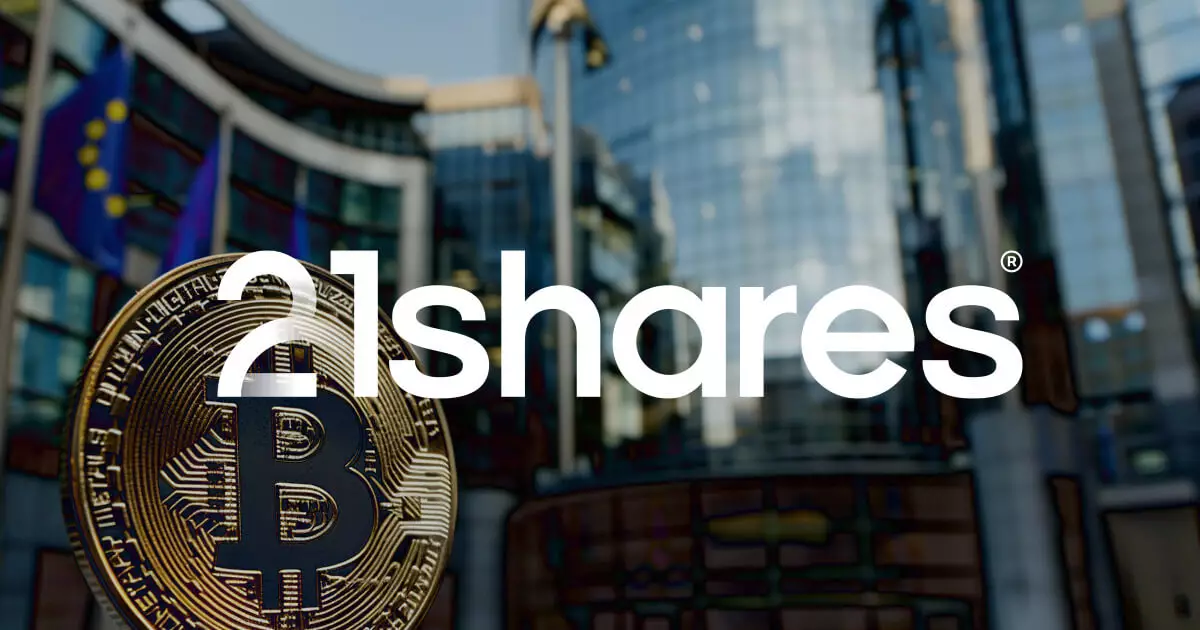In light of the growing interest in cryptocurrencies and decentralized finance, investment firms such as 21Shares are urging the European Securities and Markets Authority (ESMA) to take actionable steps towards establishing cohesive regulations for crypto assets within Undertakings for Collective Investment in Transferable Securities (UCITS) funds. The firm’s recent statement highlights a stark inconsistency across different European nations, which creates a confusing landscape for both retail and institutional investors. This is particularly concerning as the industry seeks to mature and offer more diversified investment tools that include digital assets.
The Fragmented Landscape of Crypto Regulations
As it stands, the regulatory environment regarding crypto assets is fragmented. Countries like Germany and Malta have embraced the inclusion of cryptocurrencies in UCITS funds, while Luxembourg and Ireland have opted for a more cautious approach by prohibiting such investments. This disparity not only creates confusion but also imposes significant limitations on retail investors aiming to navigate the complex world of crypto. Mandy Chiu, the Head of Financial Product Development at 21Shares, emphasizes that a unified regulatory framework could empower investors and allow them to diversify their portfolios in a controlled environment that prioritizes investor protection. Such consistency could effectively stabilize markets and encourage growth in the crypto sector.
The crux of the proposal by 21Shares is the need for ESMA to formulate comprehensive guidelines that would permit indirect exposure to cryptocurrencies across all EU member states. This initiative is not merely a call for regulatory oversight; it’s a strategic move to safeguard investors while simultaneously enhancing their access to burgeoning digital assets. The timing of this request coincides with ESMA’s ongoing consultation process regarding the inclusion of new asset classes within UCITS funds, showcasing a perfect opportunity for regulatory enhancement.
Furthermore, their proposal aligns seamlessly with the European Union’s impending Markets in Crypto Assets (MiCA) regulation. As the EU stands poised to become a pioneer in creating a comprehensive legal framework for digital currencies, it sets a significant precedent for how such assets will be treated across major economies. The MiCA regulation aims to strike a balance between user protection and fostering innovation, compelling crypto service providers to secure authorization from national regulators to operate within the EU. This legislative evolution is already causing ripples in the stablecoin sector, as firms like Coinbase adjust their offerings to comply with new standards by the looming deadline at the end of 2024.
The clear takeaway from 21Shares’ advocacy is the pressing need for clarity in the crypto investment sphere. With evolving regulations and the EU’s commitment to creating a structured environment for digital assets, the call for standardized laws across member states is essential. Investors require a stable regulatory framework to engage confidently with cryptocurrencies. A unified approach may not only pave the way for increased participation from retail investors but could likely attract institutional interest as well, ultimately contributing to the maturation and growth of the cryptocurrency market in Europe.

